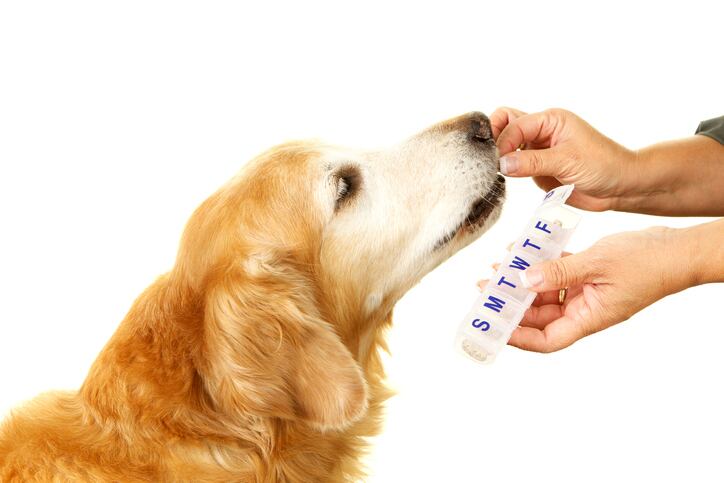The NAD is a program run by the national Better Business Bureau and looks at advertising claims in many different industries. It works as a mediation tool of sorts between a complainant, usually a company taking issue with claims being made by a competitor, and the respondent, as a faster and less expensive way to adjudicate such issues than going the lawsuit route.
CRN funding began in 2006
CRN began funding the program, which paid for a dedicated staff position at NAD, in 2006. In 2009 the trade group formed the CRN Foundation to carry funding of the project further. Megan Olsen, vice president and associate general counsel for CRN, said that some of those funds came from cy pres judgements CRN had received, and those funds have now been fully depleted.
Under the CRN-funded program claims were also brought forth when a particularly egregious advertising claim was brought to the organization’s attention. Olsen said the claims brought by CRN under the program were run through an internal committee to make sure the case would be one that truly moved the needle for the industry on responsible advertising, rather than contesting purely competitive claims such as “We’re the leading brand of . . . “
“The partnership has provided more than $2 million in funding over the years. Now there are competing interests for those resources,” Olsen said.
Summaries of past cases form a resource of their own
Olsen said even though the program is ending, NAD’s process of looking at claims substantiation will go on. And the body of ‘case law,’ for lack of a better term, that has been generated over the years will continue to help the industry educate itself on the need for claims substantiation and how best that might be accomplished.
“We now have more than 300 cases that have been run through the program. In each case NAD does a very comprehensive brief of the case, the complaint, the substantiation that was submitted and the arguments on both side about why the substation does or does not support the claim,” she said.
NAD staff attorney Kathleen Dunnigan said CRN’s participation brought a much higher profile to this function at NAD.
“It established the program as a sort of baseline for the industry. In general the industry realizes more now than they used to about the need to have substantiation for their claims. I think as a result of this program we won’t need to do as much work to educate the industry on that,” Dunnigan said.
But she acknowledged that the need for claims review via NAD cases won’t go away. The dietary supplement industry is a dynamic one with a continually changing cast characters, she said. NAD will continue to consider dietary supplement cases, albeit at a likely reduced frequency compared to before.
“It is a pretty fragmented industry. You have big companies all the way down to people selling dietary supplements as almost a sideline,” Dunnigan said.
“We are here to stay. We are not leaving the stage at all,” she added.
Attorney: Despite flaws, program brought value
Attorney Marc Ullman, of counsel with the firm Rivkin Radler, has participated in the NAD process representing a company that responded to a complaint. The experience left him with a somewhat guarded view of the program’s value.
“I thought there were serious flaws in the way the program was run, including lack of adequate measures to make sure there was an even playing field when one of the complainants was a CRN member. But even with those flaws there was value for the trade as a whole to participate actively in funding a program like this,” Ullman said.
“It helped combat the ongoing severely mistaken public perception that dietary supplements are unregulated. I think the program was also important in that it helped educate people on the need to come into compliance. There are still too many companies that don’t appreciate some of the nuances of advertising law. That includes the concept that testimonials are advertising claims in and of themselves. They are not substantiation of advertising claims,” Ullman added.




